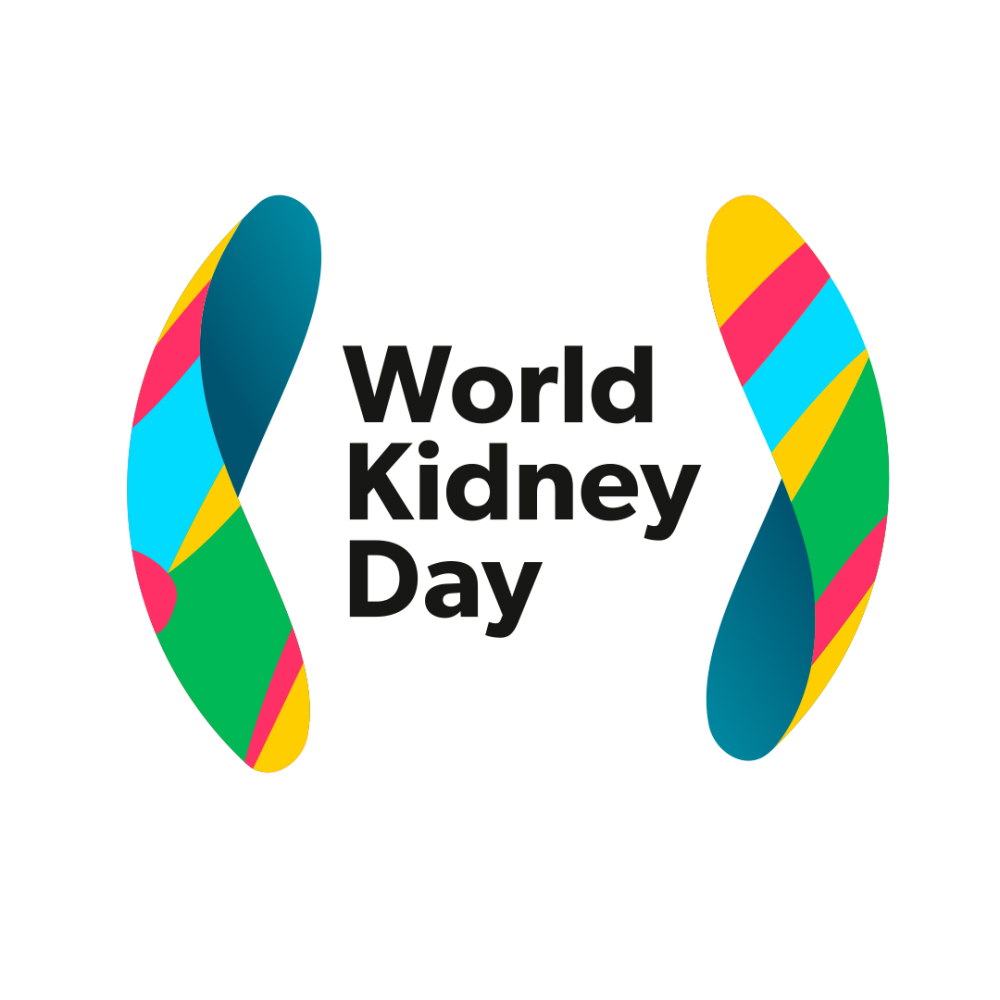‘Poorly controlled blood pressure is the most important factor contributing to loss of kidney function in established kidney disease’
A major function of the kidney is blood pressure stabilisation. In the setting of a dysfunctional kidneys, blood pressure control is impaired and hypertension is one of the most challenging aspects of managing people with chronic kidney disease. Fluid control, sodium control and established vascular disease with nocturnal hypertension make it particularly challenging to control blood pressure.
Integral to blood pressure management in people with chronic kidney disease is restricting sodium intake and, once kidney function is extremely limited, fluid intake. The use of antihypertensive medication is almost universally required in the setting of chronic kidney disease, often with multiple agents. However, blood pressure monitoring with validated and calibrated devices is essential to ensure correct diagnosis and control of blood pressure. Poorly controlled blood pressure is the most important factor contributing to loss of kidney function in established kidney disease.
Hypertension is the second leading cause of chronic kidney disease. Unfortunately, both kidney disease and hypertension are silent killers. Often there are only symptoms in very late stages with severe organ damage. It is extremely easy to screen for hypertension and this should be part of all healthcare visits as well as routine screening. Screening for hypertension early will allow for early detection, establishing people on treatment and prevention of hypertension mediated organ damage, including chronic kidney disease.
Once a diagnosis of hypertension and/or chronic kidney disease has been made there are numerous steps that can be taken to manage the conditions, apart from good adherence to medications. Firstly, lifestyle interventions are essential to improve blood pressure, prevent progression of chronic kidney disease and improve response to antihypertensives. Salt restriction is essential, eating a diet that is rich in fruit and vegetables and restricting meat protein intake. Exercise, optimising weight and sugar control are also vital aspects of managing people with kidney disease.
All people who have a diagnosis of hypertension must have annual kidney function screening so that it is detected early. This should be part of all local clinical practice recommendations with support from policy makers and funders.
Furthermore, clinicians should remain up-to-date in the care of people with hypertension and kidney disease. ISH-endorsed programmes include the World Kidney Academy Hypertension fellowship, Philippine Course on the Fundamentals of Clinical Hypertension, the International Certificate Hypertension Course for Latin America run by the ISH Americas Regional Advisory Group and the Argentinean Society of Hypertension, and the OMRON Academy.
Associate Professor Erika S. W. Jones is Nephrology and Hypertension Specialist at the University of Cape Town, South Africa.
Visit the World Kidney Day website.















